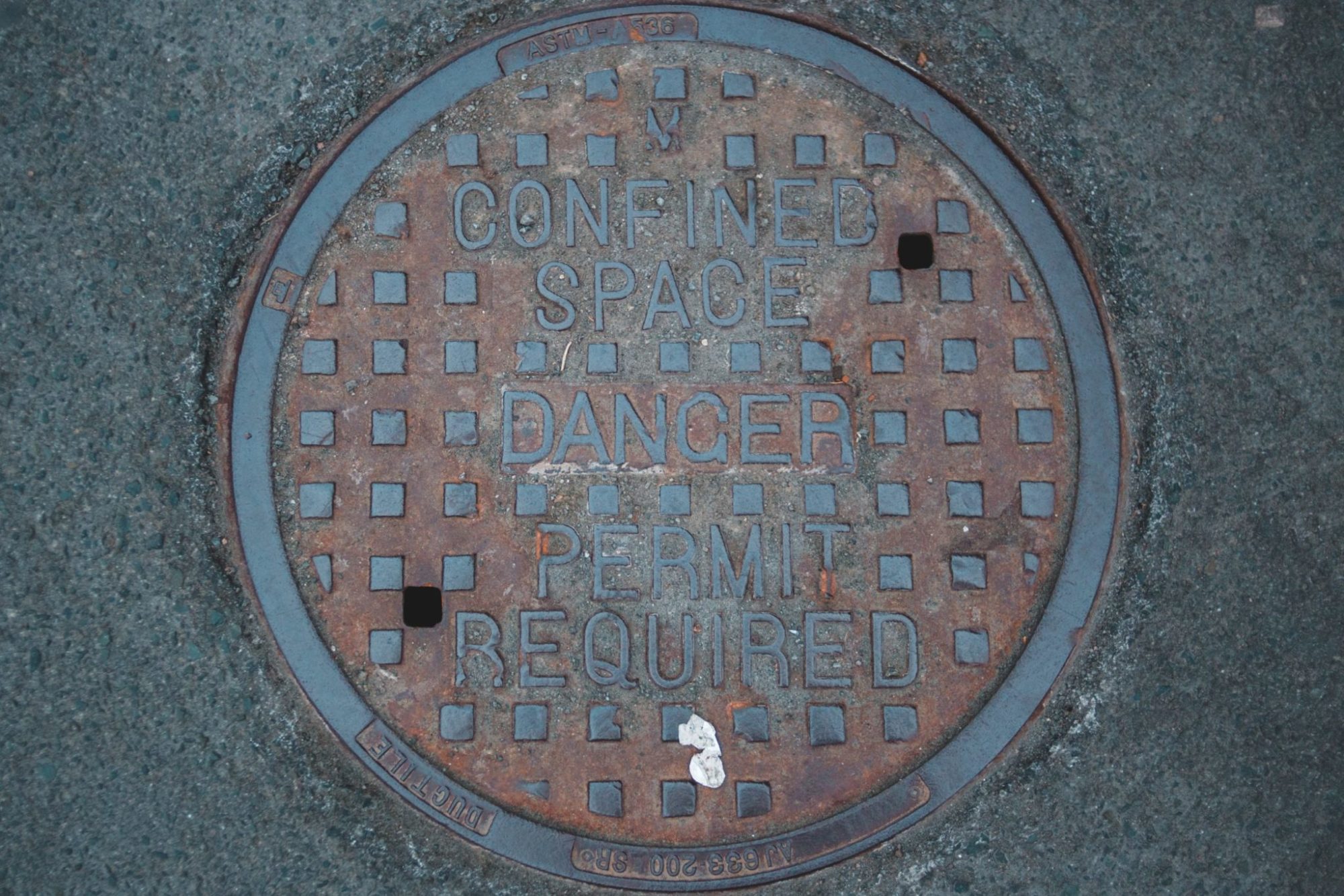
Unsplash
Recent wastewater data analyzed by a team from the Department of Chemical & Environmental Engineering indicates that New Haven’s COVID-19 cases are higher than city data suggests.
The data was published by COVIDTracker CT on Oct. 28. The findings indicate an uptick in coronavirus cases in New Haven, estimating that case numbers are at 20 cases per 100,000 people per day — as opposed to the 13.9 per 100,000 people reported by the city in last week’s press conference. New Haven Public Health Director Maritza Bond said in the conference that New Haven was already nearing the “red zone.” The “red zone” is defined as 15 cases per 100,000 people. However, the new data from Yale researchers suggests that New Haven might be reaching this zone in a few days, if it has not already. The new findings have caused alarm among city officials, who moved New Haven back from Phase 3 of its reopening to Phase 2 last Thursday.
The research project was spearheaded by Professor of Chemical & Environmental Engineering Jordan Peccia in March, with assistance from doctoral student Alessandro Zulli GRD ’26 and research technician Annabelle Pan ’20.
“The recent upward trends in cases, wastewater concentrations and hospitalizations all indicate that we are in the midst of an outbreak of comparable size to the one we had in March,” Pan said.
In an email to the News, Zulli said that the laboratory roughly estimated viral RNA presence in wastewater based on data collected since March. From these estimates, Zulli said that the lab has now developed a more complex model that tracks wastewater information from several towns in Connecticut and uses viral RNA levels to predict cases, a model that Zulli said tests showed to be “fairly accurate.”
According to Pan, the research team monitors the viral genetic components in New Haven residents’ feces. The lab analyzes wastewater to detect its concentration of COVID-19 RNA. Through this process, Pan said the team could estimate positive COVID-19 cases three to five days before an infected individual would be included in official city case counts.
A detected case of COVID-19 is equivalent to 1,000 to 2,000 copies of viral RNA found in the wastewater. Currently, New Haven is recording more than 50,000 copies per milliliter of sludge.
Pan said that wastewater is a reliable indicator because it is not dependent on factors such as testing availability and hospital capacity. Ultimately, Pan said the data’s primary utility is not predicting the precise number of cases but rather showing trends in cases.
New Haven Mayor Justin Elicker did not respond to a request for comment from the News. However, last Wednesday, he said in an interview with the New Haven Register that City Hall has been following wastewater numbers and other COVID indicators to track the recent uptick. Elicker said that New Haven is planning to have several meetings this week to develop a response in anticipation of the increase in cases.
Bond also did not respond to a request for comment. In an interview with the Register, Bond stated that she “will have to make tough decisions on making recommendations” if the city continues in an upward trend of cases.
In a press conference last Thursday, Elicker stated that the uptick in cases was caused by social gatherings among adults, specifically pointing to cases in the First Student Bus Company, Regal Care and Global Daycare.
“It is so important that we as a community make the right decisions so we can lower our cases and make sure that our kids are going back to school, so that we can provide our restaurants the opportunity to make a dollar and hire more people,” Elicker said in the press conference.
Last Thursday, City Hall delayed the scheduled transition of New Haven Public Schools to the hybrid model due to an uptick in coronavirus cases.
Razel Suansing | razel.suansing@yale.edu
Clarification, Nov. 4: An earlier version of the story quoted Pan saying that the current outbreak could be “even larger than the one we had in March.” The story has been updated to clarify that the outbreak’s size is instead “comparable” to the one in March.







